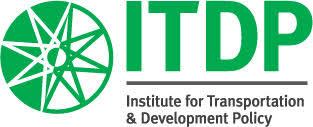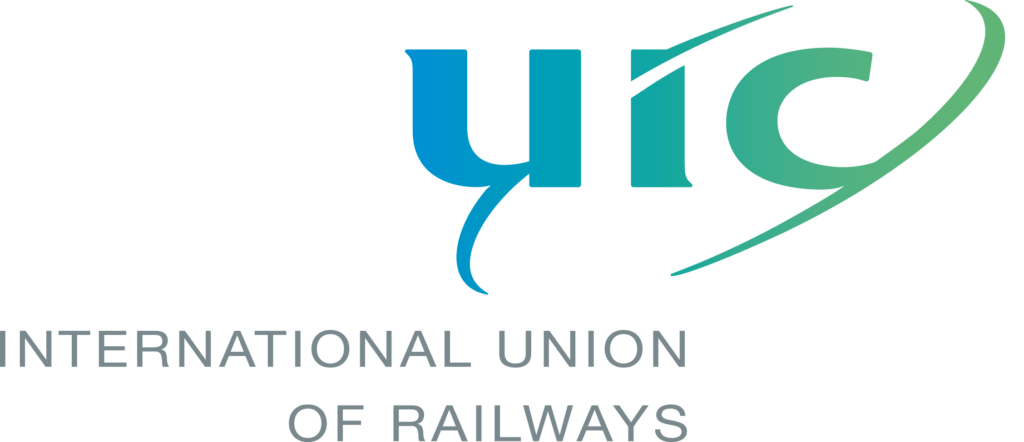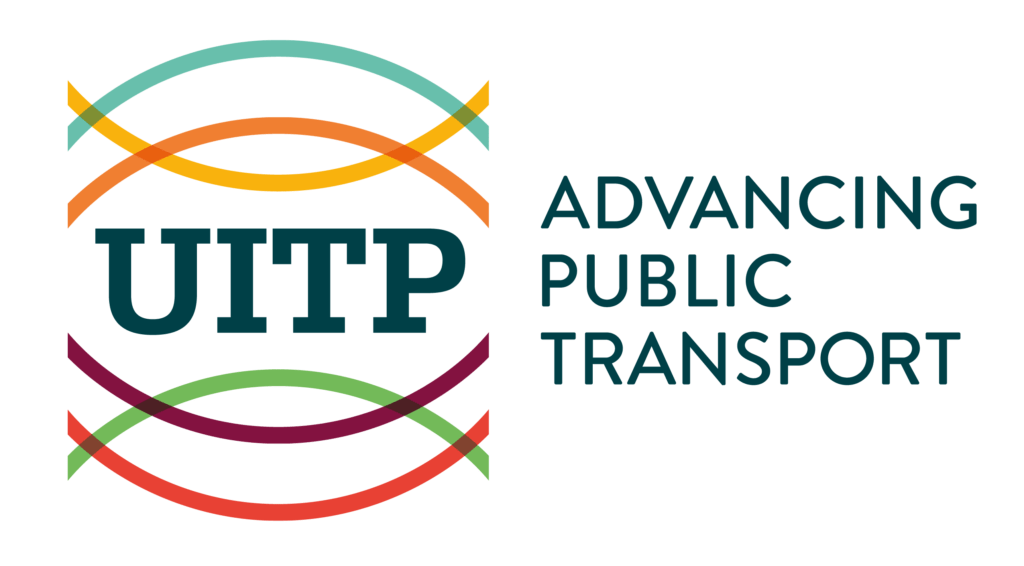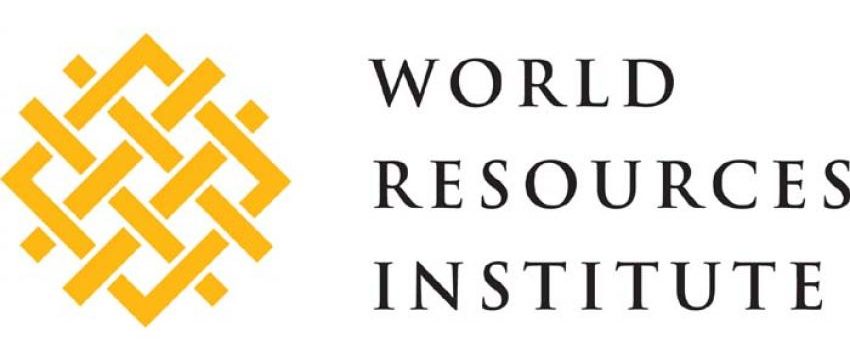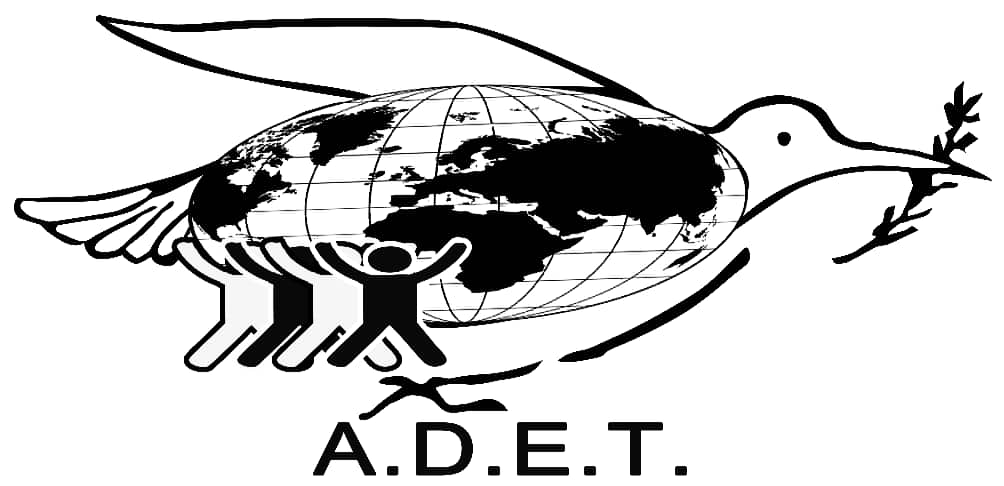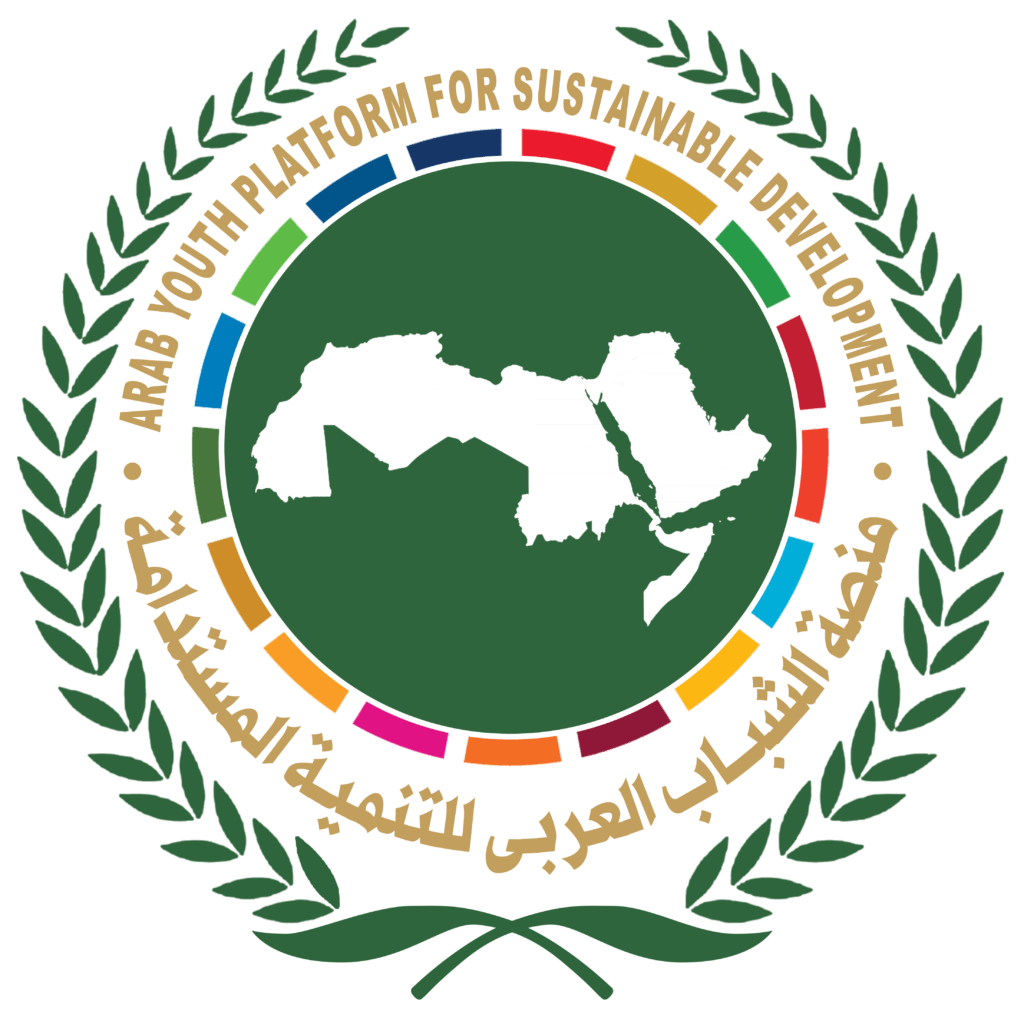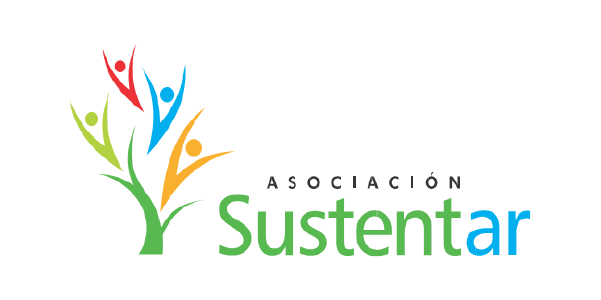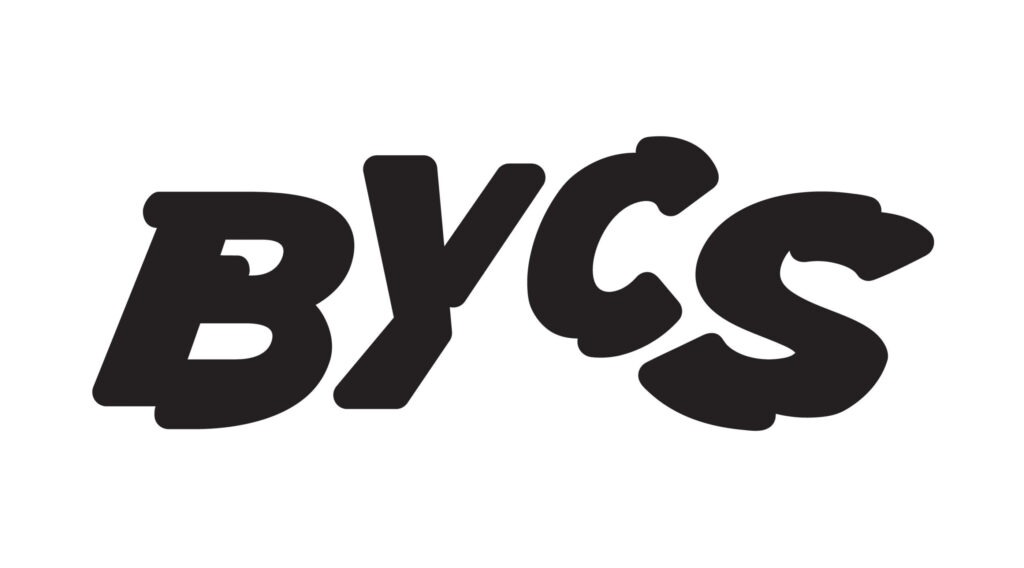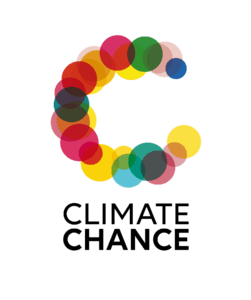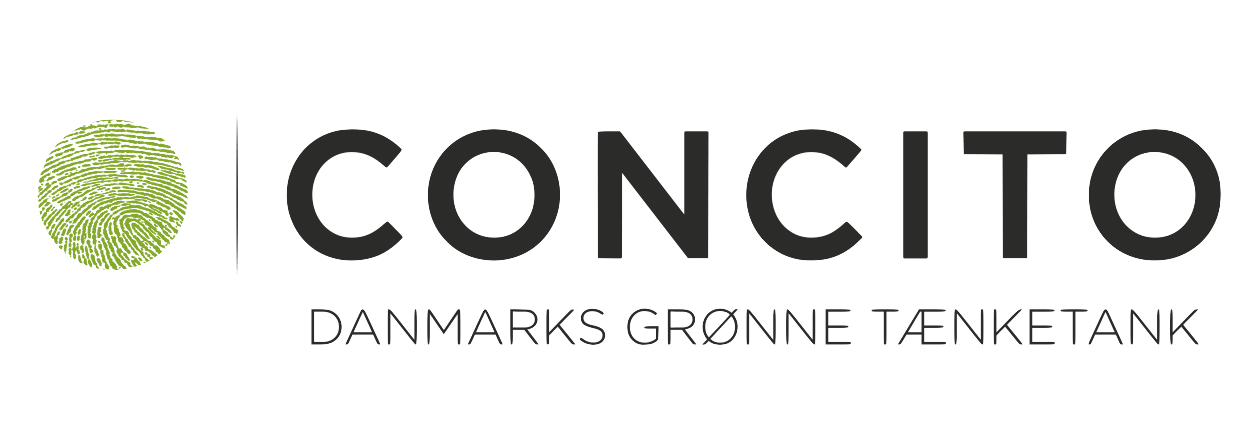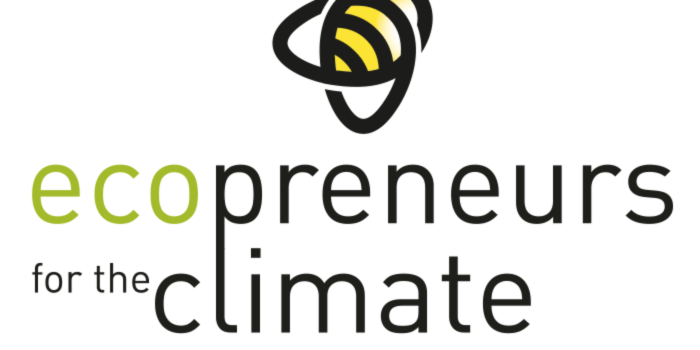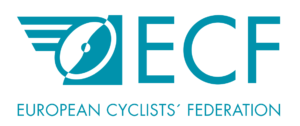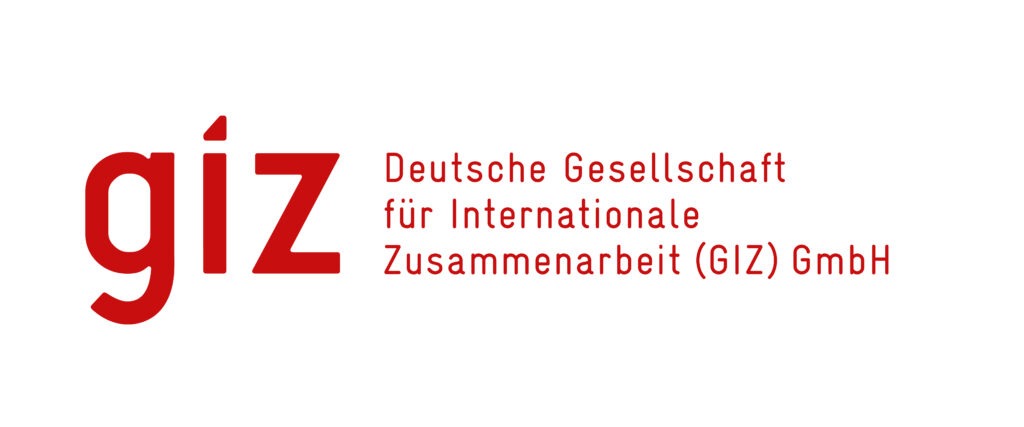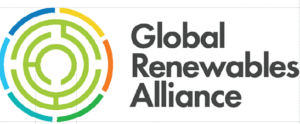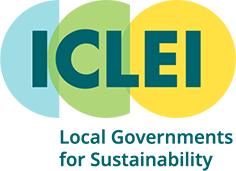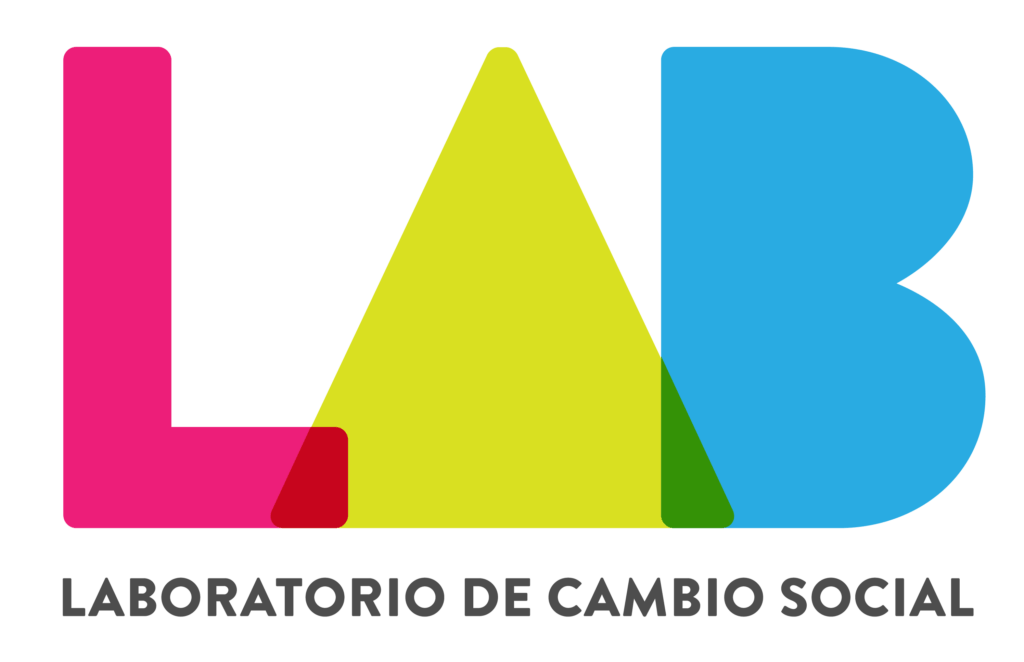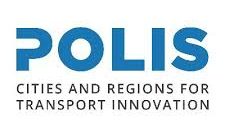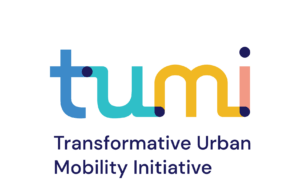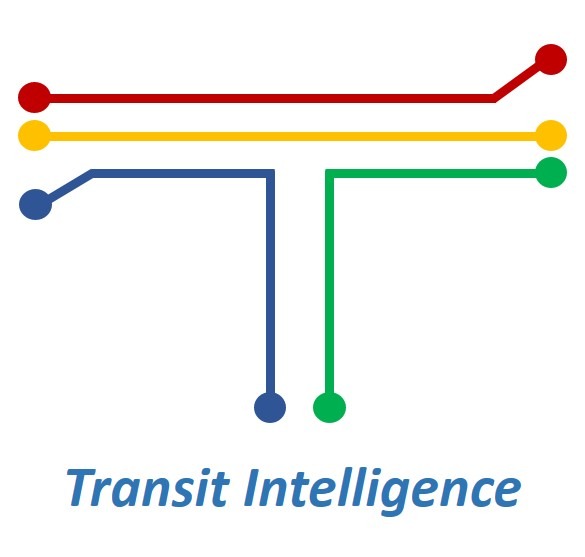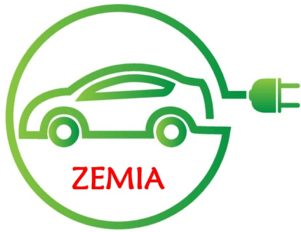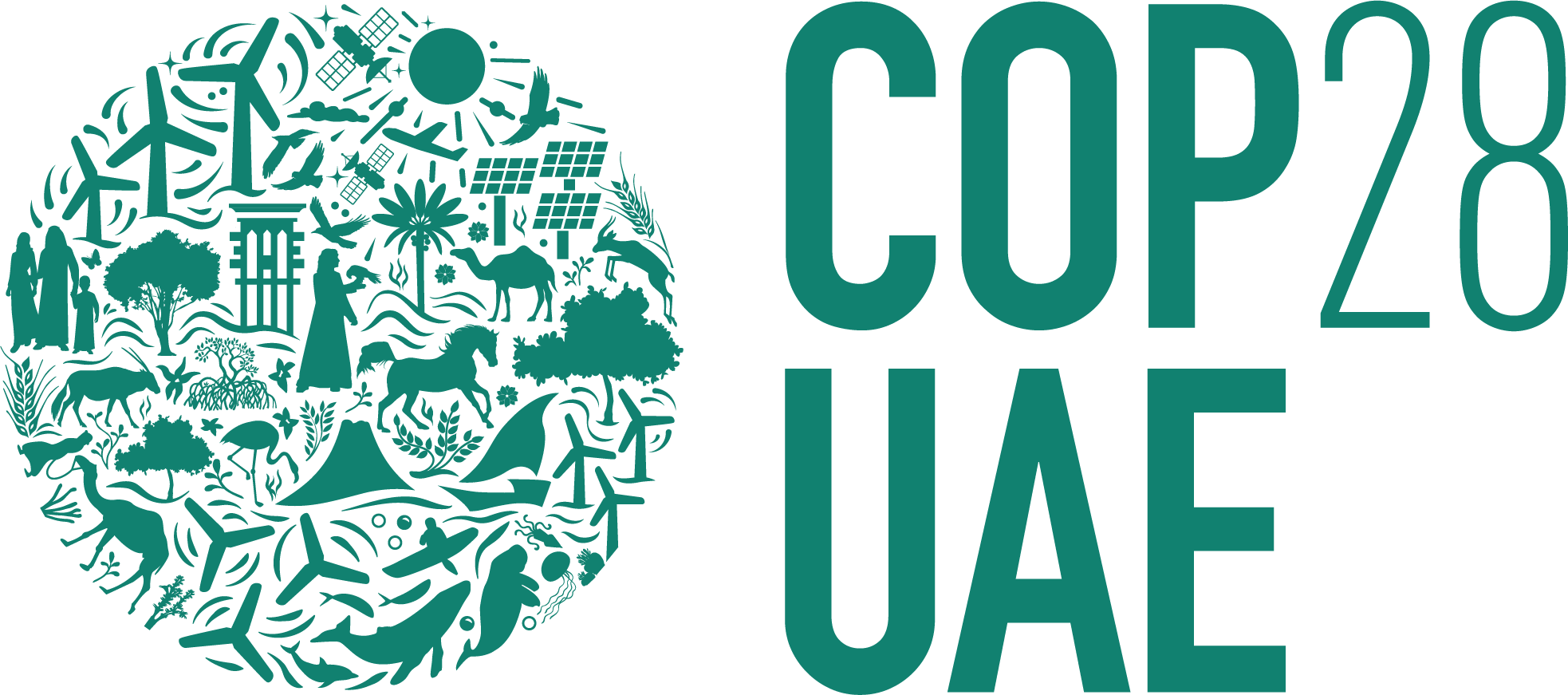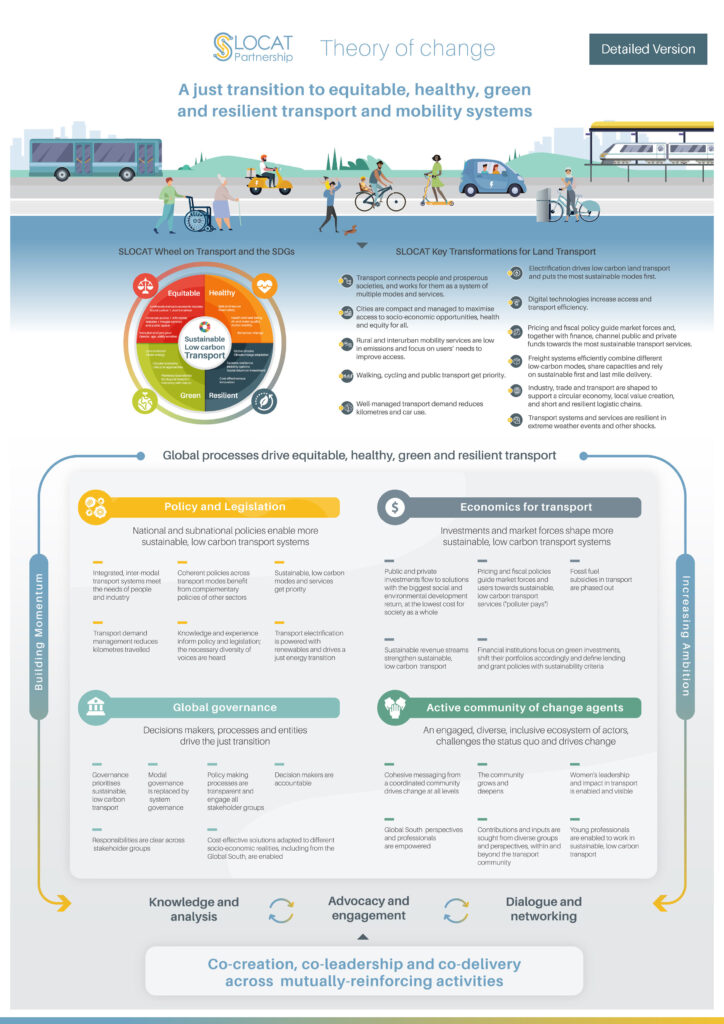SLOCAT Impact Stories 2023
Empower, Engage, Transform
Thank you for working in partnership with us to accelerate the
just transition to transport for the people and the planet.
Scroll to see more
Our action and impact
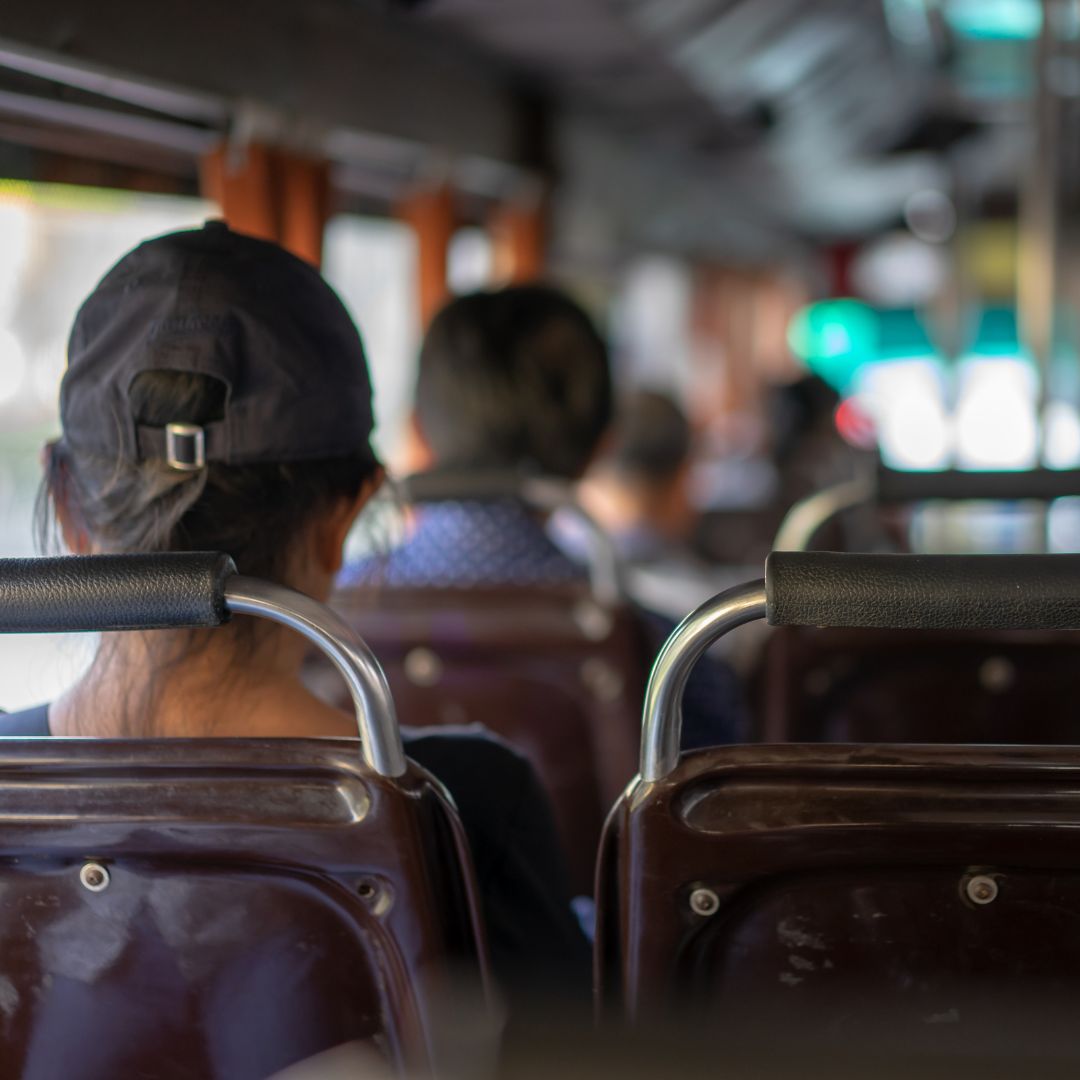
Thought leadership
From turbulence to transformation
A drastic shift from the status quo is necessary to achieve the systemic transformation of transport and mobility, but evidence has repeatedly shown that these changes will come with society-wide positive impacts. Decision makers have the choice: The transport sector can continue to be part of the problem, or it can change course and lead the solution to our equity, sustainability and climate challenges.
Very few of the transport challenges being highlighted today are new. Much has been learned along the way and we already know what is needed – all that is missing is action at the scale and speed required.
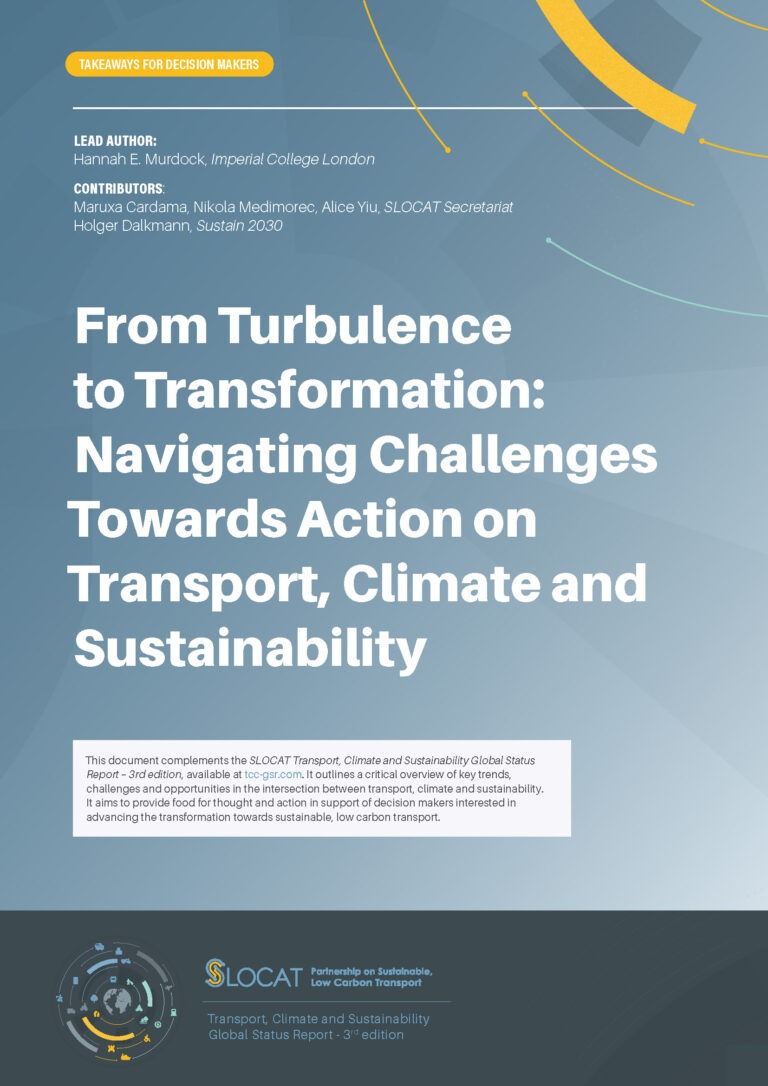
SLOCAT is recognised as a progressive thought leader and advocate for sustainable, low carbon transport and mobility systems for passengers and freight. In 2023, based on the findings of our latest Global Status Report, we provided food for thought and action in support of decision makers interested in advancing systemic transformations. These Takeaways for Decision Makers outline a critical overview of key trends, challenges and opportunities in the intersection between transport, climate and sustainability.
The transport sector is not on track to achieve its global climate and sustainability goals. Because of its near-complete dependence on fossil fuels and the growing demand for transport, the transport sector accounted for 20.7% of global fossil fuel CO₂ emissions in 2022. Even in a low-carbon pathway, transport is projected to be the second highest emitter of CO₂ among energy end-use sectors (after industry) by 2032, and the highest emitter by 2050. Road crashes remain the leading cause of death among people under the age of 30 worldwide, especially in Low- and Middle-Income Countries. Most of the world’s population lacks access to affordable, safe, sustainable land transport, while infrastructure and livelihoods are at growing risk due to more frequent extreme weather events and rising sea level. Beyond the often-heavy human toll, the financial losses worldwide from direct damage to transport assets are huge with the monetary impacts of transport disruptions far exceeding the damages to the assets.
Drastic reductions in transport emissions and improved access to integrated transport systems worldwide are urgently required to achieve decarbonised and sustainable pathways. To get there, accelerating investments in systemic transformation and repurposing funds currently going into fossil fuel subsidies are a must.
Cover: Alamy Stock Photo
Thought leadership
From turbulence to transformation

Implementation accelerator
Doubling the share of energy efficient and fossil-free land transport
Transport enables prosperity and livelihoods. But current paradigms of how people and goods are moved and how transport systems are powered also bring growing emissions, air pollution and energy demand. To achieve decarbonised and sustainable pathways, we need drastic reductions in emissions and energy demand coupled with improved access to integrated land transport systems that do not use fossil fuels.
Public transport, walking, cycling, rail freight, electric vehicles and railways, energy demand reduction and renewable energy are pillars of sustainable, low-carbon land transport. Strong signals from key energy consuming sectors like transport will also help accelerate the deployment of renewable energy capacity and infrastructure. Collectively, these actions will bring enormous opportunities for more inclusive, prosperous, healthy, sustainable and resilient communities.

Since our creation fifteen years ago, we have been focusing a very significant part of our activities on advocating for and influencing ambitious global agendas, as well as national and sub-national policy and regulatory reform. To do this, among other things, we regularly align the global transport community towards driving change with clear and feasible solutions and calls to action. Our blueprint is to combine and grow the shared and collective intelligence available across the SLOCAT Partnership. In 2023, in the lead up to the UN Climate Change Conference COP28, SLOCAT and REN21, jointly with IDDRI, ITDP, UIC, UITP and WRI, launched this call to double the share of energy-efficient and fossil-free forms of land transport by 2030. While each country will adopt a nationally determined approach, the call outlines a series of universal enablers to meet this target.
The nine action areas provide feasible pathways to implement the decisions agreed by countries at COP28 about renewables and energy efficiency, fossil fuels, road transport emissions, and phase out of fossil fuel subsidies.
Join the movement and sign on!
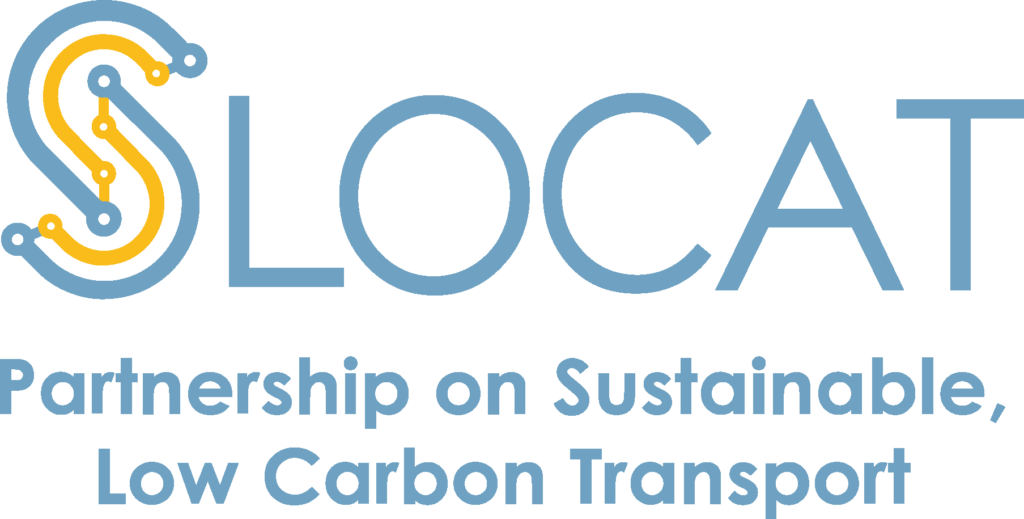

Signatory countries

Chile
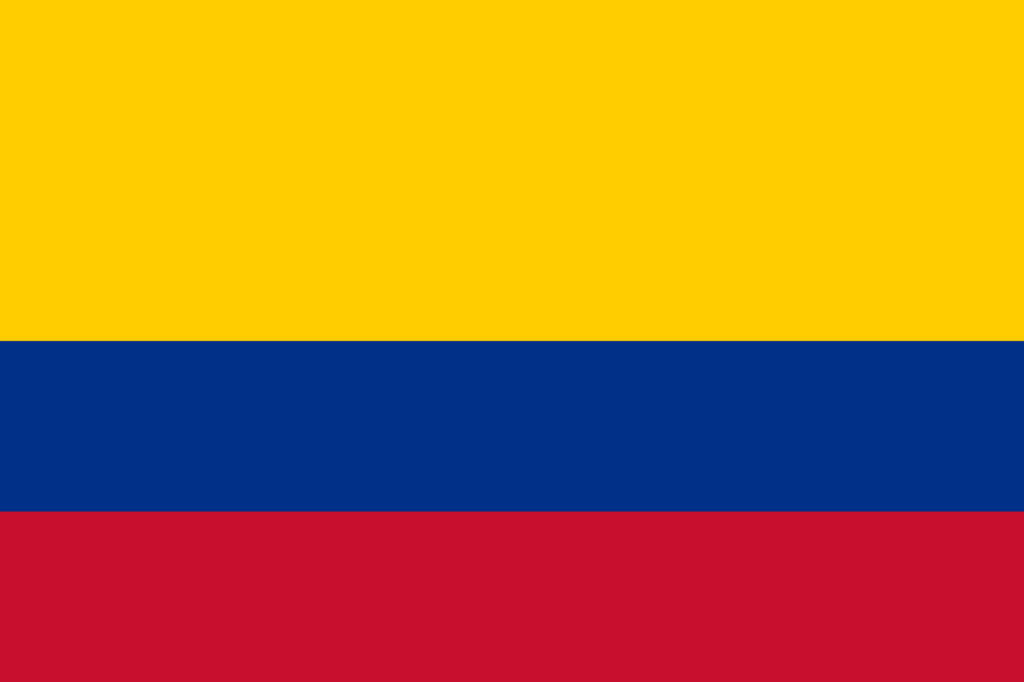
Colombia
Cover: Pexels
Implementation accelerator
Doubling the share of energy efficient and fossil-free land transport

Knowledge for action
Transport and the SDGs
We believe that a just transition to equitable, healthy, green and resilient transport and mobility systems is central to socio-economic prosperity for the people and the planet.
In 2023, different United Nations entities requested our expertise for the monitoring and review of the implementation of the Sustainable Development Goals, particularly on interlinkages across areas.
SLOCAT was invited to deliver inputs at UN expert group meetings dedicated to the review of SDG 7 on energy, SDG 9 on industry, innovation & infrastructure, and SDG 11 on cities and human settlements. We also contributed to the report “Rescuing SDG 11 for a Resilient Urban Planet” by UN-Habitat.


The SLOCAT secretariat was invited to address the 2023 UN High-Level Political Forum on Sustainable Development, with a focus on the linkages between the transport targets of SDG11 with other SDGs; and the 4th Global Climate and SDGs Synergies Conference.
![]() Read SLOCAT’s assessments of the Voluntary National Reviews on the implementation of the SDGs, submitted by countries since 2016.
Read SLOCAT’s assessments of the Voluntary National Reviews on the implementation of the SDGs, submitted by countries since 2016.
Cover: Unsplash
Knowledge for action
Transport and the SDGs
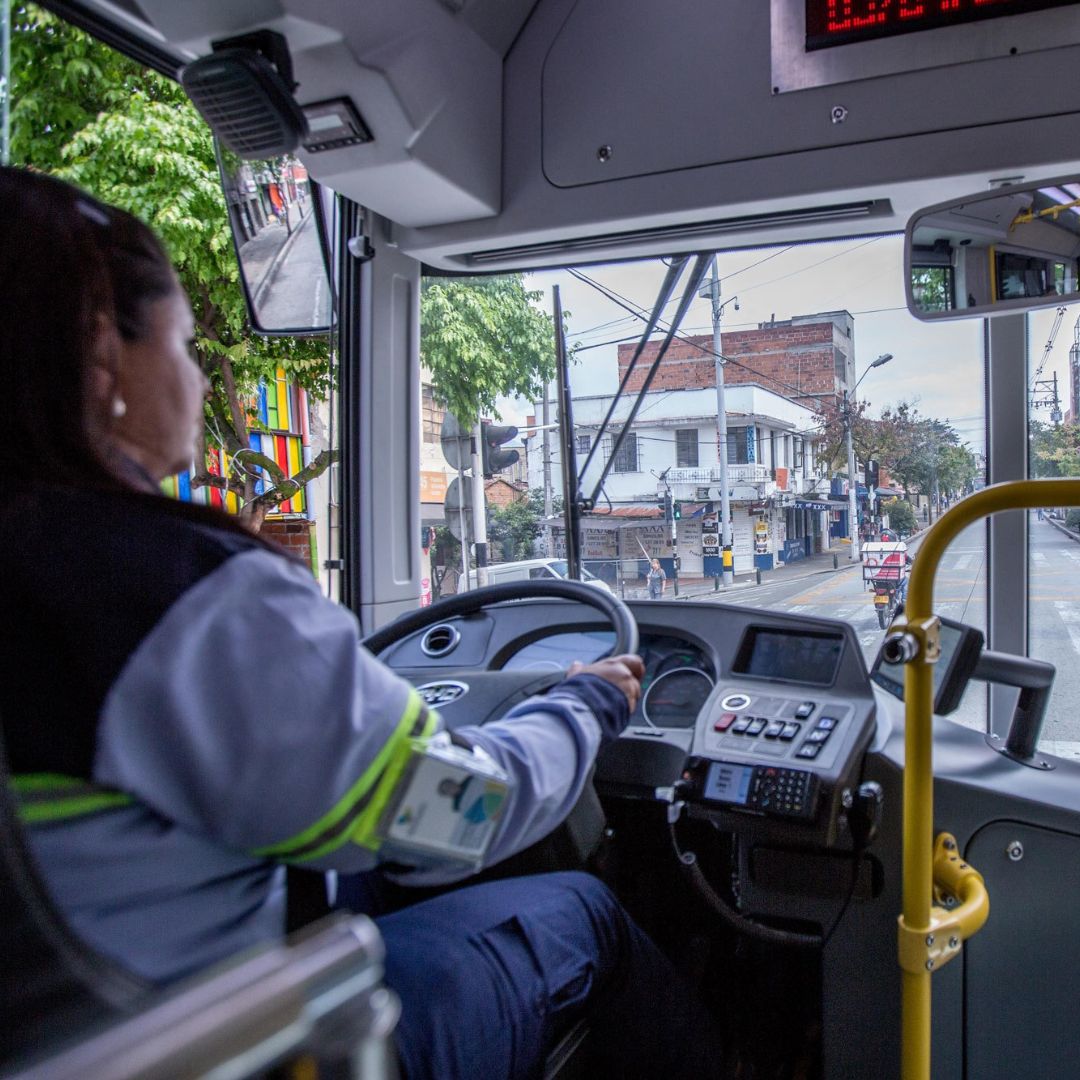
Policy guidelines
Targets and roadmaps for decarbonised, resilient transport
The global emissions of the transport sector are heading in the wrong direction, accounting for the fastest-growing source of emissions around the world. We must change this trend now and the Intergovernmental Panel on Climate Change underlines that a pathway for transport which contributes to maintaining global temperature rise below 1.5ºC is possible. Transport systems and livelihoods are at growing risk due to more frequent extreme weather events and rising sea level.
In this era of climate emergency, it is as important as ever that countries set ambitious, robust and actionable targets and roadmaps for the decarbonisation, the adaptation to climate change impacts and the resilience of transport and mobility systems – in a just transition.
Check out what your country is doing in transport and climate action
In 2023, we continued our long-dated technical analysis and support towards specific transport targets in the Nationally Determined Contributions (NDCs) and the Long-Term Strategies (LTS) that countries submit in the framework of the Paris Agreement on Climate Change.
In 2023, the GIZ-SLOCAT NDC Transport Tracker was enhanced with an expert mode to offer a clear picture of transport ambitions, targets and policies in NDCs and LTS. This new expert mode enables a better assessment across generations of NDCs and LTS and helps users deep dive into a wider range of parameters. Learn from this event how to use the expert mode. ![]() Read more: You can also visit our library of analysis reports and infographics.
Read more: You can also visit our library of analysis reports and infographics.

One more year, our NDCs Hall of Fame by SLOCAT illustrated how countries can enhance the transport dimension of their NDCs and hence enable passenger and freight transport systems for equitable, decarbonised, resilient pathways.
NDC Transport Initiative for Asia
Asia accounts for most of the growth in global transport demand since 2000. The region’s transport CO2 emissions also increased rapidly during this period, representing nearly 40% of the global total in 2019. Emissions from transport in Asia need to peak earlier and at a lower level than projected in order to achieve a 2ºC pathway. To get on track, Asian countries need to set clear and ambitious decarbonisation visions that significantly change the movement of both goods and people.
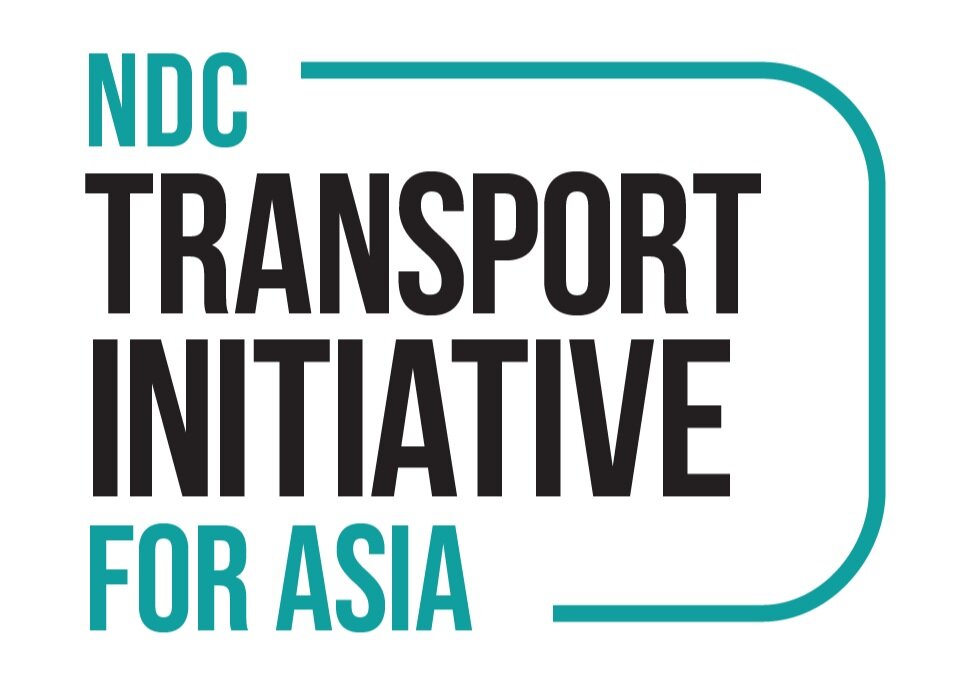
SLOCAT is a proud partner of the NDC Transport Initiative for Asia (NDC-TIA) which provides policy and technical support for partners across Asia to shift the transport paradigm and decarbonise mobility for every person, in every sector. NDC TIA supports China, India and Vietnam. On the regional and global level, NDC TIA reaches out to additional Southeast Asia countries to share lessons learned, increase discourse on decarbonising transport and promote efficient, multi-stakeholder approaches coordinated between government ministries, civil society, and the private sector. Funded by the International Climate Initiative of Germany, NDC TIA is jointly delivered by Germany’s development agency GIZ, Agora Verkehrswende, International Council on Clean Transportation, International Transport Forum, REN21, SLOCAT and World Resources Institute.

Photo credits: Canva
In 2023, SLOCAT kicked-off the NDC TIA Learning Journey to facilitate peer learning and knowledge transfer among the partner countries with the goal of moving from shared problems to a commonality of policy, finance and technical solutions. Moreover, at the 14th Clean Energy Ministerial hosted by India, we convened government officials and practitioners from the NDC-TIA and the Leadership Group for Clean Transport in Asia to exchange on sustainable e-mobility in the region.
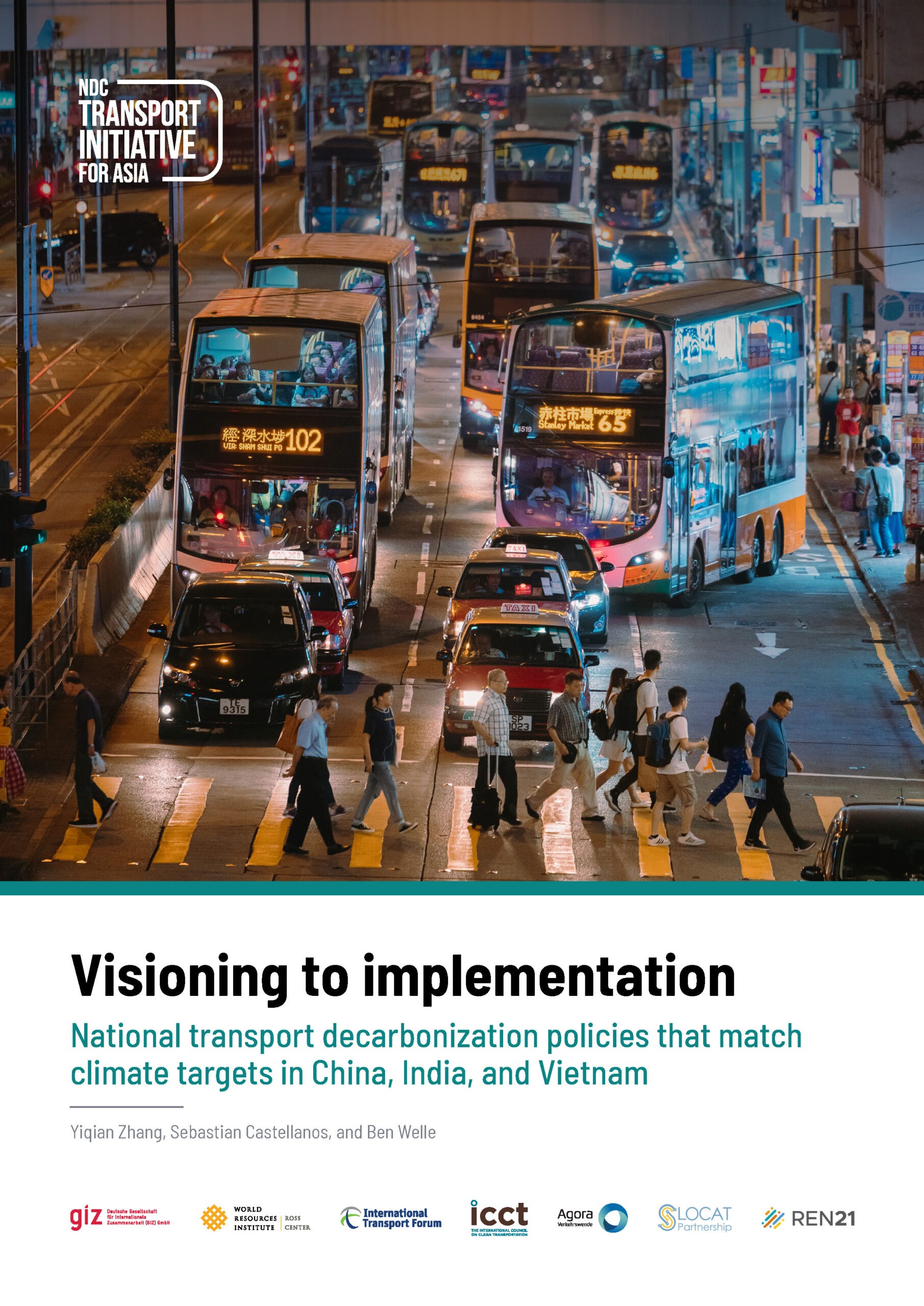
Under WRI’s leadership, SLOCAT contributed to the report “Visioning to Implementation”, which examines how China, India, and Vietnam are translating their climate commitments into national policymaking and leveraging them to accelerate transport decarbonisation. It also recommends seven strategies for the next round of NDCs to be submitted by the countries by 2025.
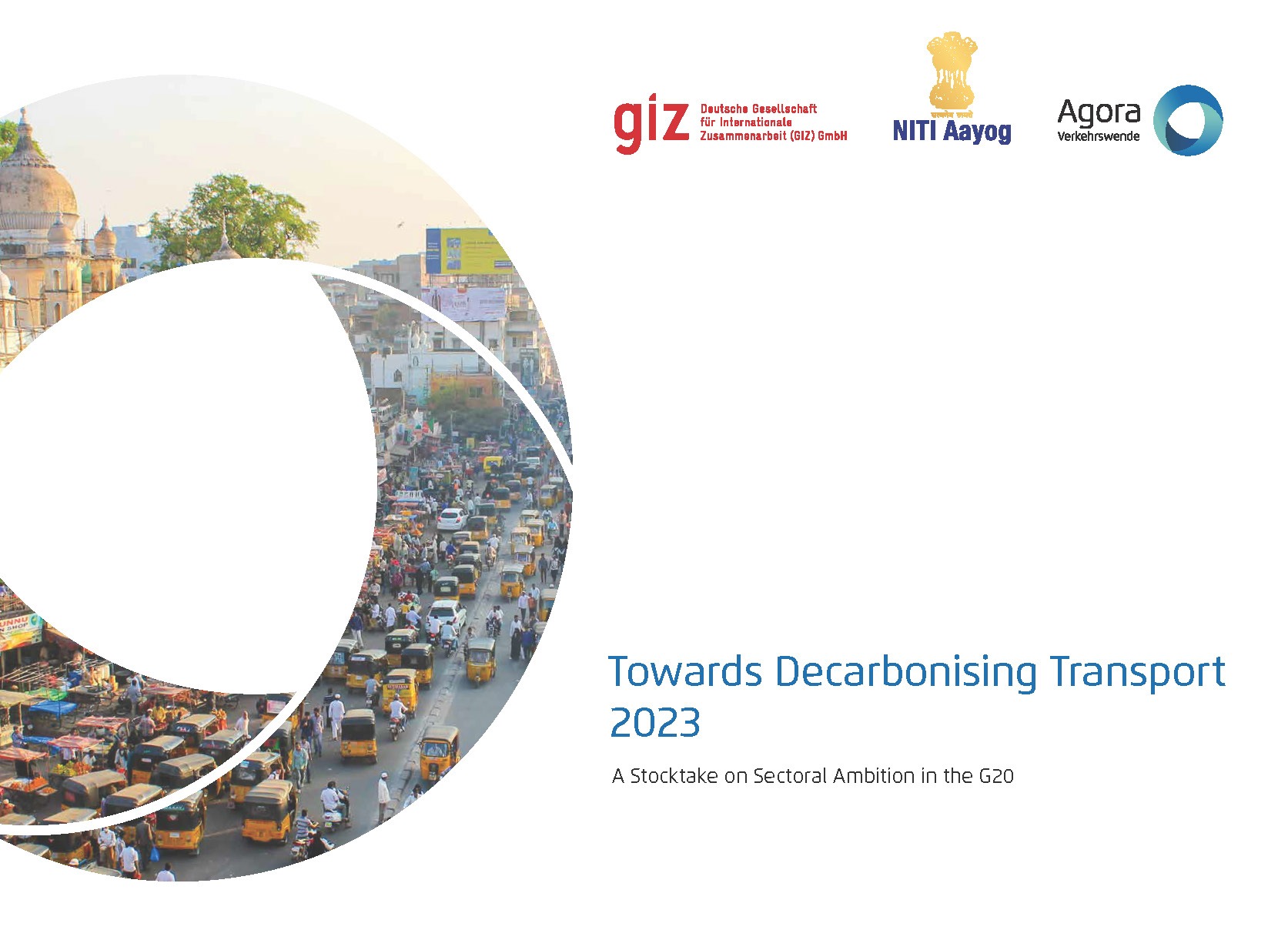
Additionally, SLOCAT supported the work of Agora Verkehrswende in the report “Towards Decarbonising Transport 2023: A Stocktake on Sectoral Ambition in the G20”. G20 countries are responsible for the lion’s share of global transport emissions. At the same time, they are also in the best position to encourage change, given their political and economic influence. In light of India’s G20 presidency in 2023, and with emerging economies at the helm of the intergovernmental forum in 2022 (Indonesia), 2024 (Brazil), and 2025 (South Africa), this report seeks to support global discussions surrounding sustainable transport and the effort to achieve the goals stipulated in international climate accords, especially the Paris Agreement and the COP26 Glasgow Declaration.
Cover: Wix
Policy guidelines
Targets and roadmaps for decarbonised, resilient transport
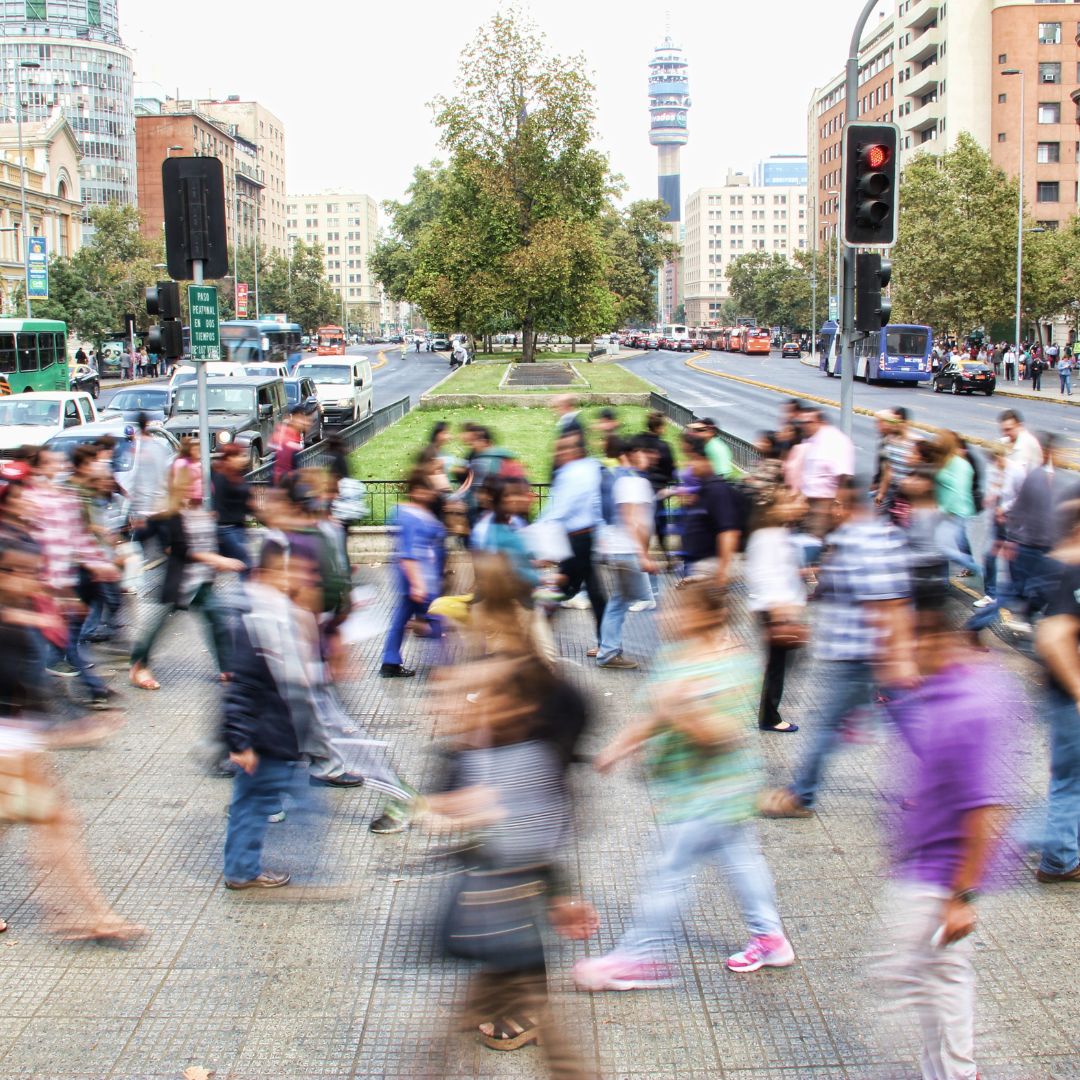
Knowledge for action
Global Status Report: Transport, Climate and Sustainability
We are in a critical moment to accelerate climate and sustainability action in transport. Science-based data and knowledge are essential foundations for robust policy and investment decisions. This is why one of SLOCAT’s main areas of activity over the years has been to equip decision makers and practitioners with knowledge and tools to enable combined transport, climate and sustainability impact. Our blueprint is to drive collaborative data and knowledge products.
Our flagship SLOCAT Transport, Climate and Sustainability Global Status Report tells the global and regional stories of where we are and where we need to get to urgently on climate and sustainability action for transport and mobility. It is a one-stop shop for the latest available data, trends, targets and developments on transport demand, emissions and policies.

With contributions from 100 world-class experts and organisations, the third edition of the GSR is a testament to the world-class knowledge and solutions available across the SLOCAT Partnership and the global transport community at large.
Strategic Advisors from

Section authors, contributors and reviewers from
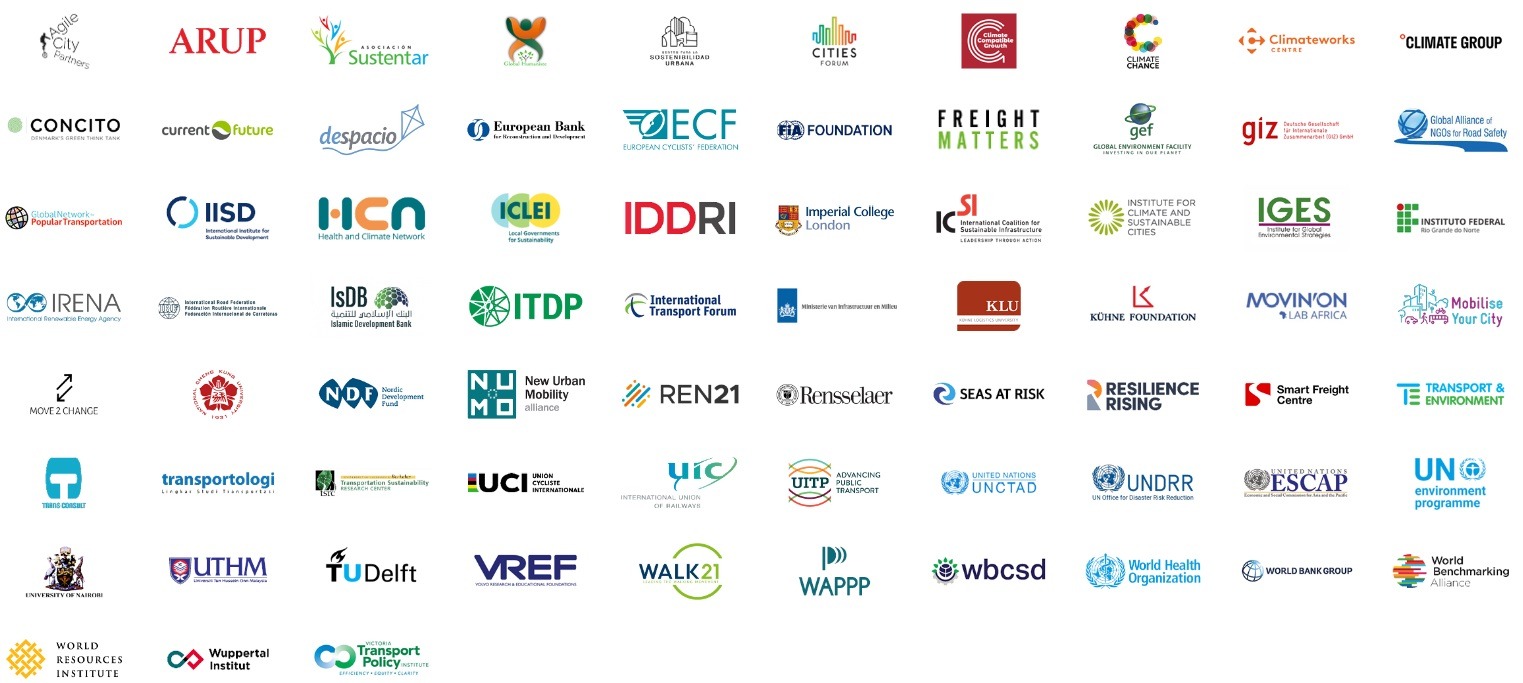
12 transport areas
Integrated
Transport Planning
Walking
Cycling
Public Transport
Informal Transport
App-Driven
Shared Transport
Rail
Road Transport
Aviation
Shipping
Transport
Energy Sources
Vehicle
Technologies
5 cross-cutting issues
Global
Supply Chains
Health
Small Island
Developing States
Capacity Bulding
Stakeholder engagement in the United Nations Framework Convention on Climate Change
30 country fact sheets

Africa

Latin America and
the Caribbean

Asia

Europe

North America

Oceania
Access for free
Cover: Unsplash
Knowledge for action
Global Status Report: Transport, Climate and Sustainability
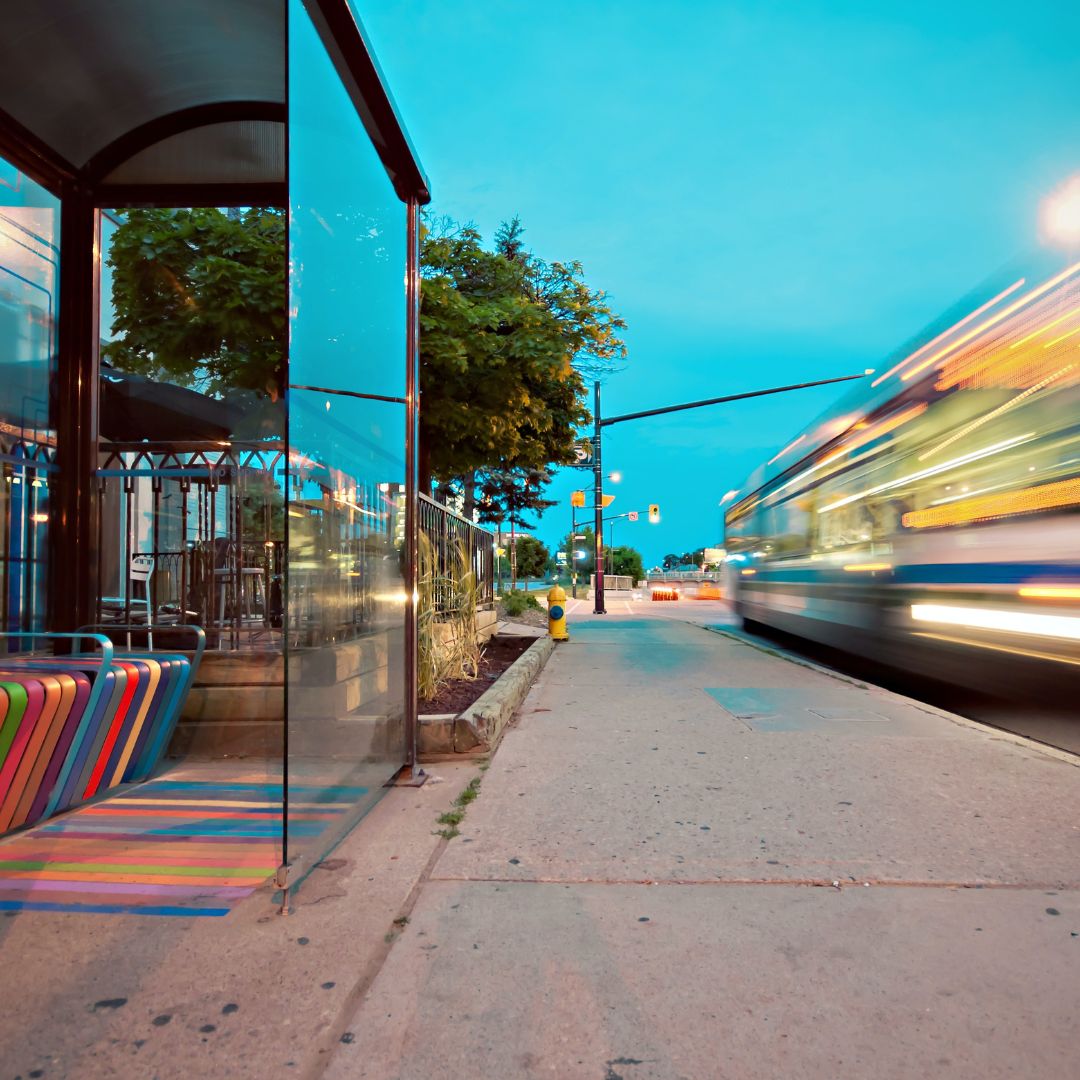
Transport multilateralism
World Sustainable Transport Day
In 2023, the United Nations General Assembly, the main policy-making body of the UN, declared 26 November World Sustainable Transport Day and proclaimed the UN Decade on Sustainable Transport to kick off in January 2026. These critical mandates have the potential to strengthen coherence of efforts, enable collaborative knowledge and accelerate action for sustainable, low-carbon transport, which is central to SLOCAT’s mission.
Marking a milestone in SLOCAT’s efforts to bring the voice of the sustainable, low carbon transport movement into intergovernmental processes, both UN General Assembly resolutions refer to SLOCAT when noting the importance of continued cooperation and coordination between the UN and existing partnerships. SLOCAT has been invited to address in 2024 the UN General Assembly at the High-Level Meeting on Sustainable Transport.
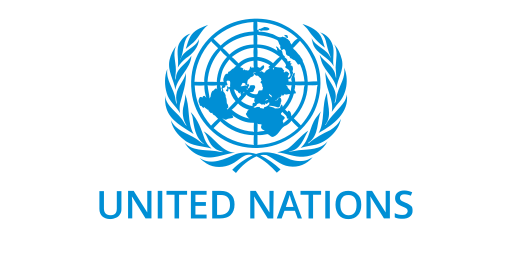

Cover: Pexels
Transport multilateralism
World Sustainable Transport Day

Peer learning
Agents of change
The defining feature of SLOCAT is the partnership itself and our strategic collaborations with many other actors, within and beyond the transport community. Transforming transport requires a broad, coordinated community of change agents working together to challenge the status quo and drive change.

Photo credits: Carlos Felipe Pardo
Since our inception fifteen years ago, one of our main areas of activity has been the curation of multi-stakeholder and multi-sectoral trust spaces for peers within and beyond the transport community to exchange, learn from each other and collaborate. In the 2023-2026 period, the following strategic targets are guiding us:
- Deepen our activities and strategic collaborations across the transport, renewables, health, urban and finance nexus.
- Mainstream gender-sensitive perspectives across our work and offer a platform for women professionals.
- Explore and enable collaborations between the public and private sectors.
- Nurture the interest of young professionals, with focus on empowering Global South voices and knowledge-policy-practice interface.
Towards Gold Standards for Transport Investments





Learn from your peers in this blog series curated by SLOCAT and the German Federal Ministry of Economic Cooperation and Development (BMZ). Experts from International Institute for Sustainable Development (IISD), International Union of Railways (UIC) and International Association of Public Transport (UITP) share their insights on how aligning transport, equity, climate, health and energy in investments can enable both decarbonisation and equitable access for all.
Cost-effective solutions for Asia-Pacific
Local agents of change share their learnings in tackling transport and mobility challenges in the Asia-Pacific region with cost-effective solutions. The series amplifies voices from the Asian Development Bank, Bangladesh Institute of Wellbeing, Global Youth Coalition for Road Safety, Hanoi University of Science and Technology, HealthBridge, Institute for Transportation and Development Policy – China, King Mongkut’s University of Technology Thonburi, Ministry of Transportation – Indonesia, NDC Transport Initiative for Asia, Peking University, Safetipin, Thailand Environment Institute, Transportologi, United Nations Economic and Social Commission for Asia and the Pacific, University of Melbourne, Urban Catalysts, Vietnam University of Transport and Communications, Women on The Move Asia, and World Cycling Alliance. Together, they showcase innovative solutions across equity, gender, road safety, air quality, integrated transport planning, walking, cycling, public transport, electrification and capacity building.

Learn from your peers
reading their blogs and watching their key messages
Young Leaders in Sustainable Transport
Young people are recognised as the torchbearers of sustainable development and the vanguards in the struggle against climate change. By working directly with young leaders, the global transport community empowers the generation who can help foster far-reaching and unprecedented change and build long-lasting bridges with other constituencies.
SLOCAT and the Volvo Research and Educational Foundations (VREF) launched in May 2019 the programme Young Leaders in Sustainable Transport. The programme builds bridges between the transport community and young professionals, and nourishes new perspectives in the interface between knowledge, policy-making and practice. Itl also raises the capacity of the young professionals towards evidence-based policy-making.
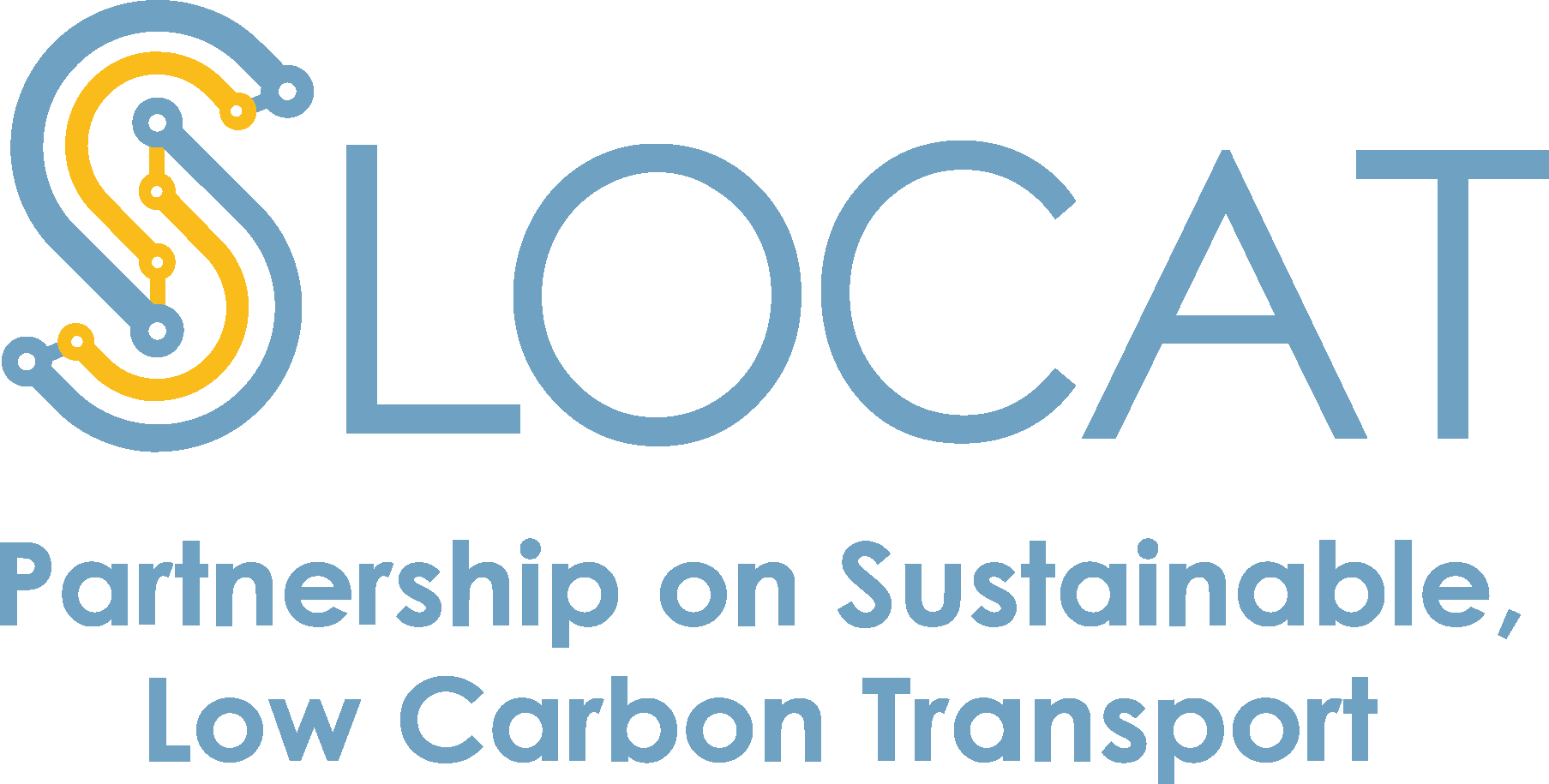






Meet the brilliant and inspiring Young Leaders
who were selected in 2023 for the fourth edition of the programme
SLOCAT Partners Café

In 2023 we launched the SLOCAT Partners Café series. On a quarterly basis, these gatherings aim to facilitate synergies, alignment, peer-learning and matchmaking among our community of world-class experts and agents of change.
Cover: JuYochi
Peer learning
Agents of change
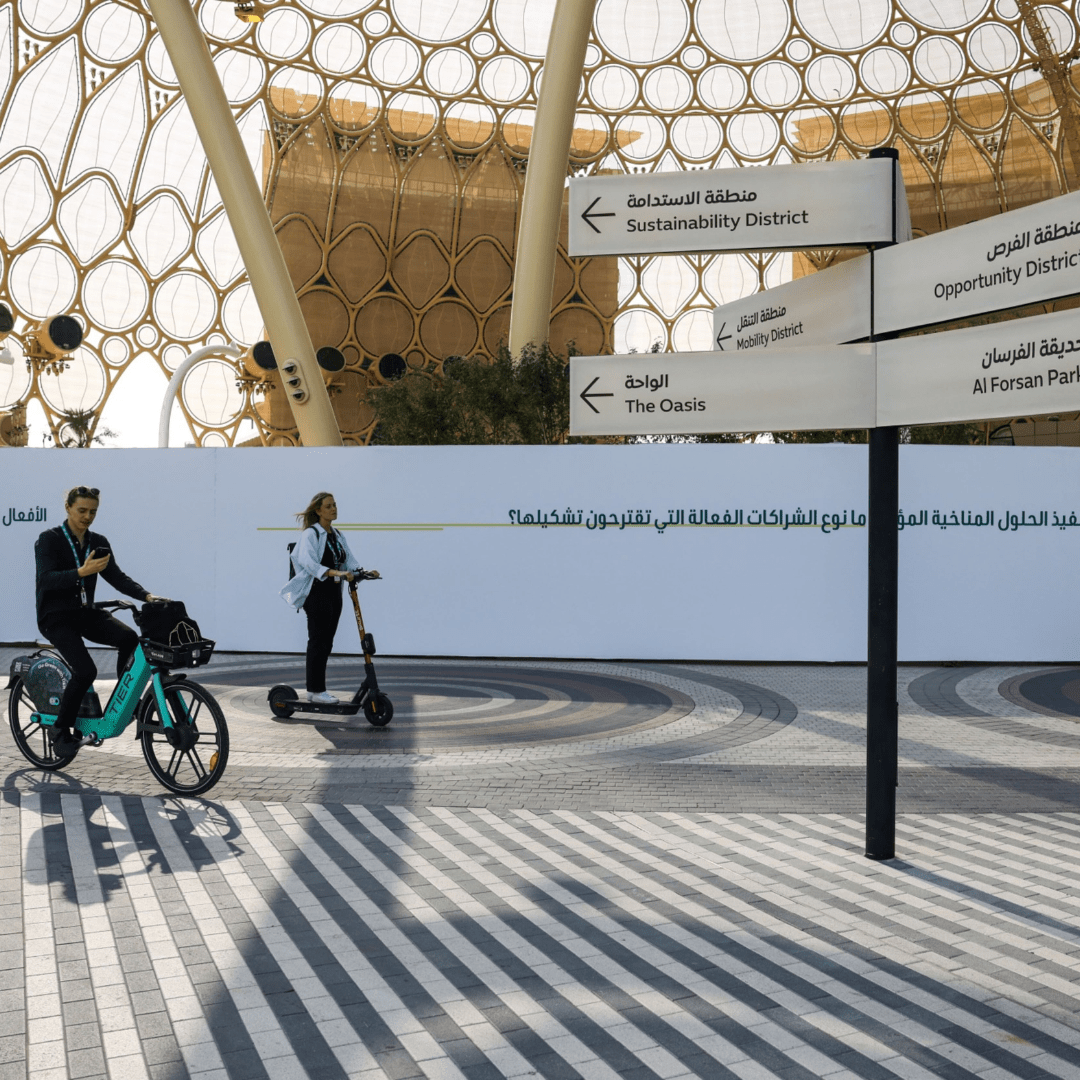
Transport multilateralism
Transport in COP28 outcomes
Getting the global policies and frameworks right is key for articulating a shared vision for the transformation of transport systems, with higher political ambition and investments. Even when global targets are not legally binding, they do signal a possible and desirable destination and can incentivise and enable national and sub-national action. This involves both ensuring the global processes are informed by the right knowledge and experience but also that the necessary diversity of voices and perspectives are heard. SLOCAT works bottom-up – ensuring that experience and insights from policy leaders at all levels contribute to shaping good policy and frameworks. We also work top-down – explaining and translating global policy to maximise its impact on national, sub-national and corporate policies. Together these two approaches create the virtuous feedback loop: policy informs action, which informs better policy.

Photo credits: Clayton Lane
SLOCAT is recognised in the global transport community as the go-to creator of opportunities and gate opener for engagement in international climate change and sustainability processes. We deploy political dialogue and negotiations, deliver technical inputs and mobilise world-class transport experts and agents of change. Since 2016 we have been the official focal-point for facilitating the engagement of the transport sector in the Marrakech Partnership for Global Climate Action of the United Nations (UN) Framework Convention on Climate Change.
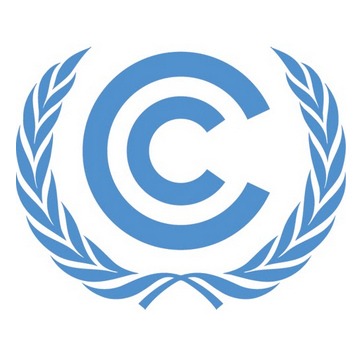
In 2023, jointly with our Partners we targeted key climate intergovernmental processes, and the UN Climate Change Conference COP28 advocating for and influencing decisions related to: energy efficient and fossil-free forms of land transport; the phase-out of fossil fuel subsidies; a just transition for transport workers; and transport targets in Nationally Determined Contributions. While the pledges announced at any intergovernmental process are only as good as their actual implementation, the decisions made at COP28 crystalise important milestones for transport multilateralism and are noticeably aligned with the political and technical work we carried out during 2023. We are inspired by the opportunities to lift our share of political and technical impact for climate action in 2023, and proud to be part of the collective efforts by the global sustainable transport community.
![]() Read SLOCAT’s overview of transport outcomes at COP28. It provides analysis of transport in the text formally negotiated among countries at COP28, with reference to SLOCAT’s actions in 2023. It also offers an overview of the transport dimension of the international multi-stakeholder pledges that were updated or announced at COP28.
Read SLOCAT’s overview of transport outcomes at COP28. It provides analysis of transport in the text formally negotiated among countries at COP28, with reference to SLOCAT’s actions in 2023. It also offers an overview of the transport dimension of the international multi-stakeholder pledges that were updated or announced at COP28.
Energy efficient and fossil-free land transport
- In the lead-up to COP28, SLOCAT and REN21, jointly with IDDRI, ITDP, UIC, UITP and WRI launched the call to double the share of energy-efficient and fossil-free forms of land transport by 2030. A few weeks later, we reached 60+ signatories, including Chile and Colombia. The action areas of this multi-stakeholder call provide feasible pathways for implementing the decisions agreed by countries at COP28.
- We also joined the 3xRenewables Campaign, calling on world leaders to agree to a global target of tripling renewable electricity capacity at COP28.
- We engaged directly in the proceedings of the intergovernmental Mitigation ambition and implementation work programme. We submitted technical inputs to consultations (May and September 2023) and led workshop sessions for countries at the Second Global Dialogue on just energy transition in transport.
- At the Africa Climate Week and the Africa Climate Summit, we co-organised sessions on “Decarbonised and resilient infrastructure in Africa: the role of transport” with International Transport Forum and United Nations Environment Programme (UNEP), and “Informal transport and the climate agenda” with the Climate Champions Team, Global Network for Popular Transport, TUMI, World Bank and WRI. We supported the event “Sustainable cities, thriving communities: transforming African cities through climate action,” organised by UN-Habitat and UNEP, in collaboration with ICLEI – Local Governments for Sustainability, UIC, and UITP.
- At the Asia-Pacific Climate Week, we co-organised the event on “Accelerating Sustainable Urban Transport in Asia and the Pacific” with UNEP and United Nations Economic and Social Commission for Asia and the Pacific (UNESCAP). Additionally, we supported events on “Accleraing transport targets and action” by UNESCAP, “Strengthening national innovation systems for climate action” by the the UNFCCC Technology Executive Committee, “Decarbonising the transport sector” by the Institute for Global Environmental Strategies, Regional Collaboration Centre Asia and the Pacific, UNFCCC and WRI India, and “Empowering sustainable transportation with clean mobility solutions” by the Asia LEDS Partnership and Global Climate Action Partnership.
- At the Latin America and the Caribbean Climate Week, we co-organised events on “Reflecting on the NDC challenges in Urban Mobility” with Agence Française de Développement (AFD), EUROCLIMA+, the Deutsche Gesellschaft für Internationale Zusammenarbeit (GIZ), the Low Emission Development Strategies Latin America and the Caribbean (LEDS LAC), MobiliseYourCity Partnership, Programa de las Naciones Unidas para el Medio Ambiente (PNUMA), and United Nations Development Programme (UNDP), as well as “Unlocking the potential of urban transport for more climate ambition” with the Economic Commission for Latin America and the Caribbean (CEPAL), GIZ, the International Council on Clean Transportation (ICCT), ITDP, ITF, UITP, and UNEP.

Photo credits: David Prado
A race to the top
- We took part in the first Global Stocktake on the implementation of the Paris Agreement with the goals of emphasising the need and building capacities for robust targets on passenger and freight transport systems, and transport emissions mitigation and adaptation and resilience. SLOCAT submissions: Technical Dialogue 1.1 | Interventions at Technical Dialogue 1.1 | Technical Dialogue 1.3 | Outputs phase of GST1
- We continued our long-dated technical analysis towards specific transport targets in the Nationally Determined Contributions (NDCs) and the Long-Term Strategies (LTS).
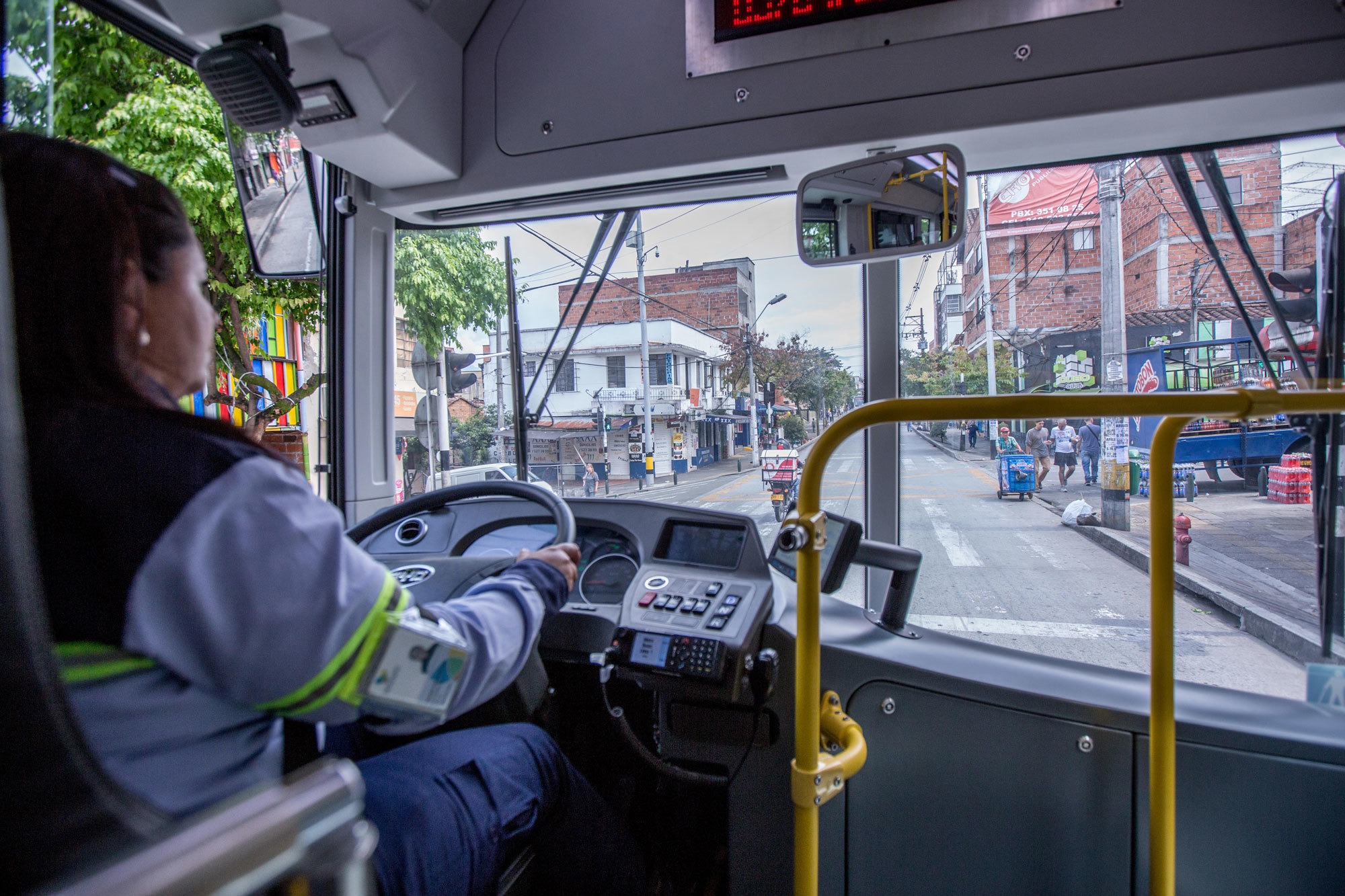
Photo credits: Wix
A just transition for transport workers
In the framework of our close collaboration with the International Transport Workers’ Federation,
- We submitted joint inputs to the intergovernmental Just Transition Work Programme.
- As stakeholders convened at COP28, our joint op-ed outlined what countries could do at COP28 to enable a just transition for transport workers.
Facilitating stakeholder engagement and advising the COP28 Presidency
- To provide technical advice on land transport and facilitate stakeholder engagement, one SLOCAT secretariat staff was integrated full-time for three months in the COP28 Presidency team based in the United Arab Emirates.
- SLOCAT served as delivery partner for COP28 Presidency’s events on transport (flagship event on transport and roundtable on land-transport).
- SLOCAT was invited by the UN Department of Economic and Social Affairs to co-deliver the sustainable transport programme at their SDGs Pavilion at COP28.
- In our capacity as official focal-point for facilitating the engagement of the transport sector in the Marrakech Partnership for Global Climate Action (since 2016), we were tasked with the action event “Urban Evolution: Championing tomorrow’s low carbon and resilient human settlements and transport network”, co-organised by the focal points for the Human Settlements sector (ICLEI and GlobalABC) and the Transport sector (ITF and SLOCAT), with support from the Climate Champions Team.
Cover: The National UAE
Transport multilateralism
Transport in COP28 outcomes
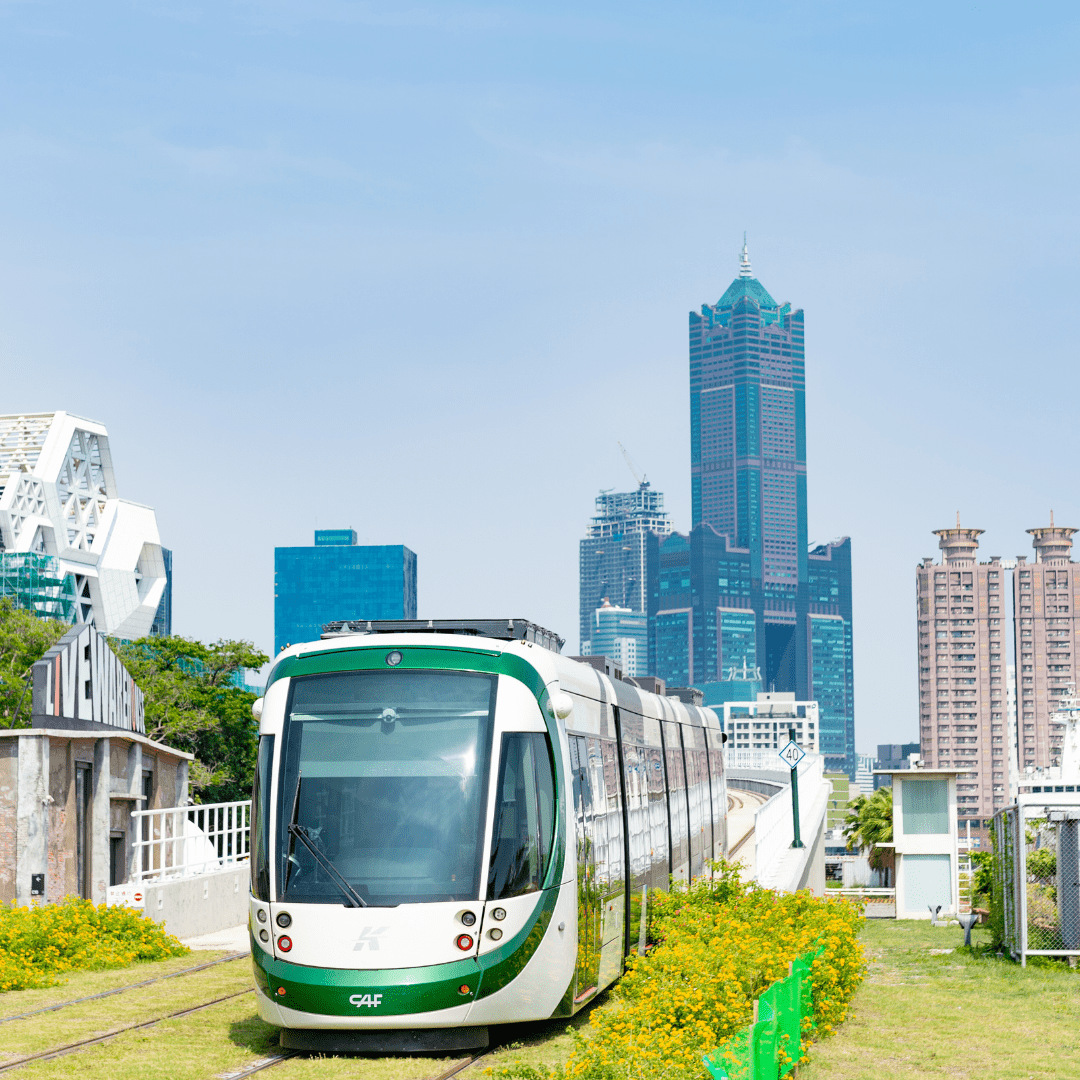
More progress
More 2023 milestones
SLOCAT Strategic Development Plan 2023-2026 and Theory of Change
The SLOCAT Strategic Development Plan 2023-2026, was adopted by the SLOCAT Board of Directors in January 2023, following a year-long participative process with SLOCAT Partners and donors conducted by the secretariat.
This Plan conveys the sharpening of our impact towards turning the greatest transport, sustainability and climate change challenges that our societies are experiencing into opportunities for systemic transformations. To continue powering the sustainable, low carbon transport revolution with ambition, solutions and collaboration for the people and the planet; this Plan outlines the vision and thematic areas of intervention of SLOCAT for the coming years. In doing so, it introduces the first-ever SLOCAT Theory of Change as a compass for our work and is aligned with the Sustainable Development Goals and the Paris Agreement on Climate Change. Building upon the strengths and distinctiveness of SLOCAT, strategic objective, targets, business model and organisational enablers are traced. With all these elements, this Plan aims at providing SLOCAT Partners, donors, supporters and secretariat with a clear and coherent multi-annual horizon.
![]() Read more: SLOCAT Strategic Development Plan 2023-2026 or its Executive Summary | SLOCAT Theory of Change
Read more: SLOCAT Strategic Development Plan 2023-2026 or its Executive Summary | SLOCAT Theory of Change

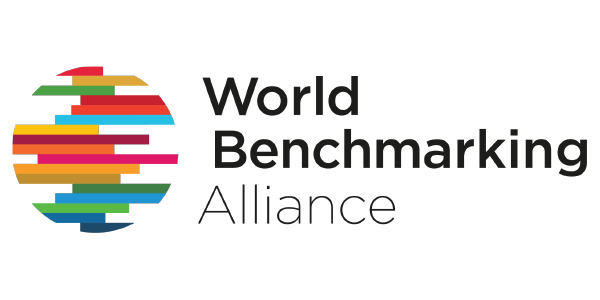


A growing partnership of action
In 2023, we were delighted to welcome TRT Trasporti e Territorio and World Benchmarking Alliance to the SLOCAT Partnership.
- TRT Trasporti e Territorio has been involved in the EU-funded CIVITAS initiative for sustainable urban mobility in European cities, and will be responsible for the monitoring and evaluation of CIVITAS projects during the 2023-2027 period. Learn more
- World Benchmarking Alliance is a non-profit organisation holding 2,000 of the world’s most influential companies accountable for their part in achieving the SDGs. WBA has identified seven systems transformations that have the greatest potential to put society, planet and economy on a more sustainable and resilient path. Learn more
Leveraging the Partnership with refreshed comms
In 2023 we initiated refreshed communications approaches and products to leverage the Partnership’s shared and collective intelligence, and sharpen our outreach.
- We introduced the regular release of exclusive Updates to SLOCAT Partners only, dedicated to sharing intel and engagement opportunities on our advocacy work, as well as to leveraging the impactful work of our community of agents of change.
- We deepened our strategic outreach and collaborations across transport, renewables, health, urban and finance intersections by inviting key players from these communities to join some of our advocacy actions (e.g. call to action to double the share of energy efficient and fossil-free forms of land transport), by joining theirs (e.g. 3xRenewables Campaign) and by contributing to their specialised reports (e.g. “Rescuing SDG 11 for a Resilient Urban Planet” by UN-Habitat).
- Media and other key players echoed our 2023 flagship knowledge and advocacy activities. Some highlights include:
- COP28 official summary of thematic day 6 December 2023
- COP28 official press release of thematic day 6 December 2023
- Electric Drives
- ENERGIES Magazine: Transport and renewables: A transformative synergy
- Financial Associated Press
- Gulf News: COP28 sees 60 global pledges to double green transport by 2030
- NDC Aspects: The 3rd edition of the SLOCAT Transport, Climate, and Sustainability Global Status Report is out
- Sina Finance
- Sohu Press
- Arup: How should transport systems approach climate resilience?
- Greenpeace: Vision for Sustainable Mobility
- Germany’s GIZ’s Green Mobility Library: SLOCAT Transport, Climate and Sustainability Global Status Report, 3rd edition
- Research Gate: Shortening Global Supply Chains as a Key to Decarbonising Transport
- Spain’s Ministry for Sustainable Transport and Mobility: Transport and Climate Change Global Status Report – 3ª edición – SLOCAT
- Taiwan Sustainability Hub: 運具電氣化 – 電動車潮流背後的跨部會、跨層級,和公私協
- Turkmen Portal: Turkmenistan organised a regular meeting of the Group of Friends on Sustainable Transport
Cover: Canva
More progress
More 2023 milestones
Thank you from SLOCAT’s Leadership
To achieve decarbonised and sustainable pathways, we need drastic reductions in emissions and energy demand, coupled with improved access to integrated land transport systems that do not rely on fossil fuels. This is why, at SLOCAT, we strive to sharpen our impact to put transport on track to deliver on equity, sustainability, and climate goals.
Thanks to your support, one more year, our Partnership has been leveraged to set ambitious global agendas and catalyse progressive thinking and solutions for the urgent transformation of transport and mobility systems worldwide.
Together,
We powered data-driven knowledge and action
The third edition of our flagship Transport, Climate, and Sustainability Global Status Report offered a one-stop shop for the latest available data, trends, targets, and developments on transport demand, emissions, and policies. We didn’t achieve this alone – it was made possible by a community of over 100 world-class experts who generously shared their knowledge and intelligence. The Takeaways for Decision Makers based on GSR findings pinpointed where we need to get and what it takes to do it at the scale and speed required.
We drove change with actionable policies and solutions
With our call to double the share of energy-efficient and fossil-free forms of land transport by 2030, we signalled clear and feasible pathways of action, and aligned the commitment of stakeholders across sectors and geographies to make change happen. We continued our long-dated technical analysis and support towards the Nationally Determined Contributions and the Long-Term Strategies that countries submit in the framework of the Paris Agreement on Climate Change. And as a partner of the NDC Transport Initiative for Asia (NDC-TIA), we provided policy support and peer learning to shift the transport paradigm in the region and decarbonise transport for every person, in every sector.
We strengthened global targets and processes
Alongside our Partners, we deployed political dialogue and negotiations, and delivered technical inputs for the implementation of the Sustainable Development Goals (SDGs) – at UN technical expert meetings and the UN High-Level Political Forum on Sustainable Development, the annual political review; and for the implementation of the Paris Agreement on Climate Change – at the Global Stocktake; the intergovernmental work programmes on mitigation and just transition, and COP28, the biggest climate conference. The decisions made at COP28 crystallise important milestones for transport multilateralism and are noticeably aligned with our political and technical deployment in 2023.
We mobilised world-class experts and agents of change
Ensuring that the expertise and insights from leaders at all levels contribute to shaping good policy and frameworks is one of our key goals. We opened up spaces for engagement at COP28 and the regional climate weeks in Africa, Asia-Pacific, and Latin America & the Caribbean; and continued serving as the official focal point for transport stakeholders’ engagement in the UN Framework Convention on Climate Change. We curated peer learning across geographies, sectors, and areas – with our blog series on investment priorities and on context-effective solutions for Asia-Pacific. We are proud to report that for yet another year, our VREF-SLOCAT programme of Young Leaders in Sustainable Transport selected a batch of brilliant and inspiring young African leaders. And two landmark UN General Assembly resolutions – declaring World Transport Day, and the UN Decade on Sustainable Transport 2026-2036 – referred to SLOCAT when noting the importance of continued cooperation and coordination between the UN and existing partnerships.
Your collaboration and generous support have enabled this collective impact, and we thank you very much.

Rana Adib
Chair of SLOCAT Board of Directors I Executive Director, REN21

Maruxa Cardama
SLOCAT Secretary General
